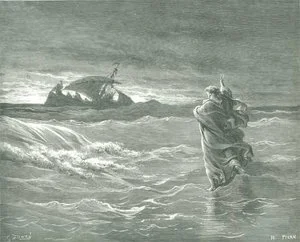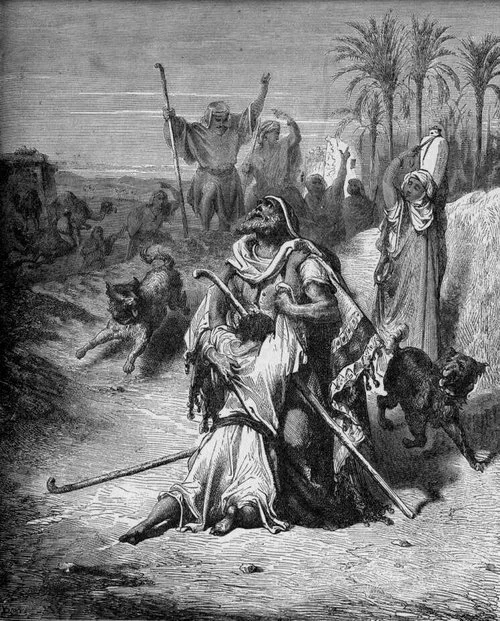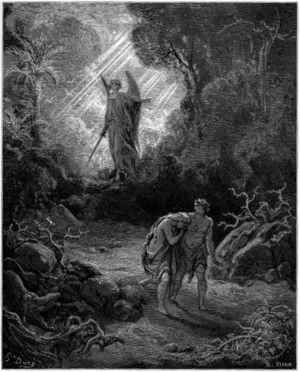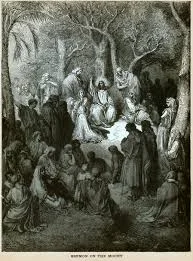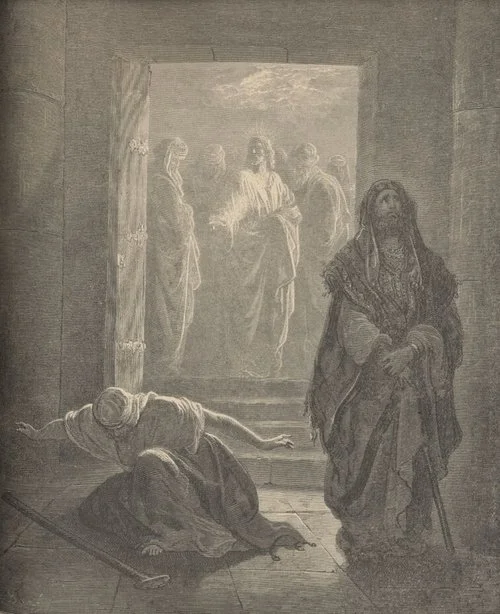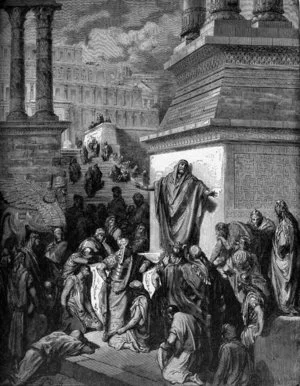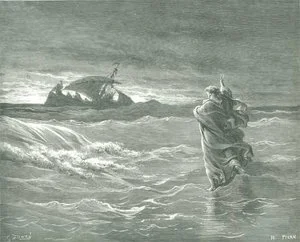Won't Be Held Down
/For Jesus’s disciples and his followers, the Saturday after his death was a dark day. Their hope, Jesus, had died, and now his corpse laid in a tomb. But they had no idea of what would await them the next morning. They had no idea that on Sunday morning, Jesus would not be there. In the power of God, Jesus had resurrected from the grave, defeating sin, death, and hell. Looking back, Peter says this on the day of Pentecost: “this Jesus, delivered up according to the definite plan and foreknowledge of God, you crucified and killed by the hands of lawless men. God raised him up, loosing the pang s of death, because it was not possible for him to be held by it” (Acts 2:23–24). Death was not able to hold him! Unbelievable.
Read More



